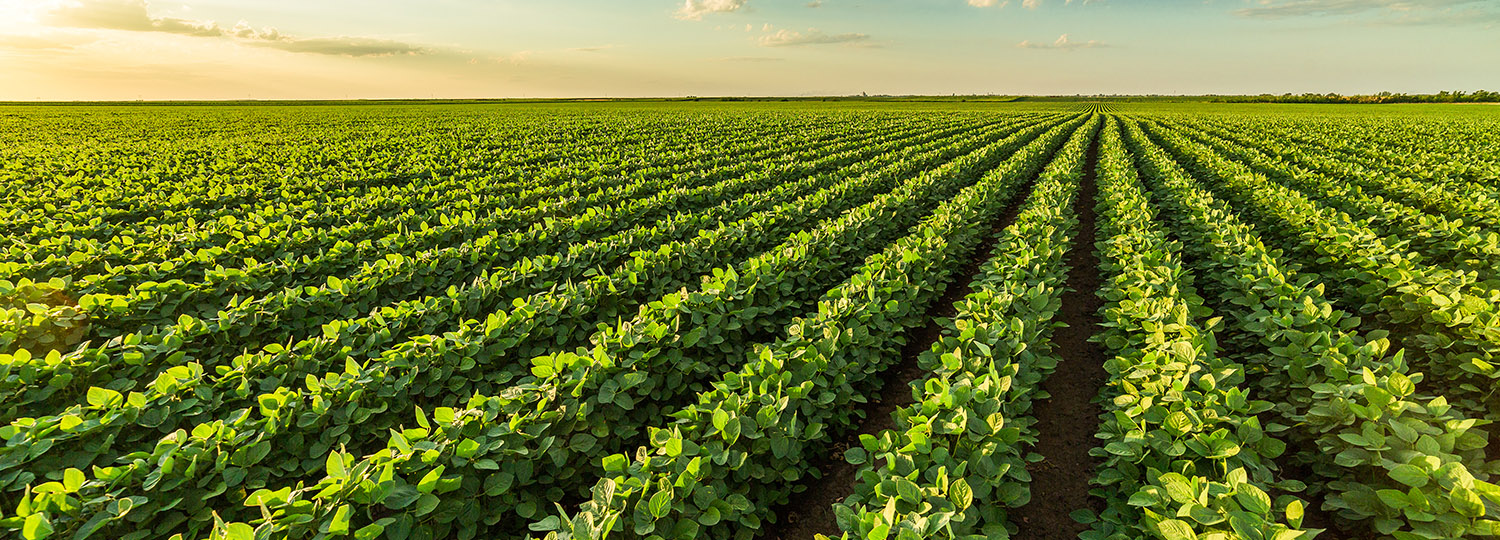Safely Extending The Shelf-Life Of Produce In Fruit Processing
Each variety of fruit has a different harvesting seasoning and must be transported throughout the country to different regions. This takes a fair amount of time, but the fruit still needs to be fresh when it arrives at its destination. Of course, any products used on food products to prevent spoilage in transit must be approved by the EPA for safety reasons. Chlorine dioxide is EPA registered to extend the shelf life of produce. It can be sprayed on the fruit, or the fruit can be dipped into a ClO2 mixture, provided the directions are followed.

